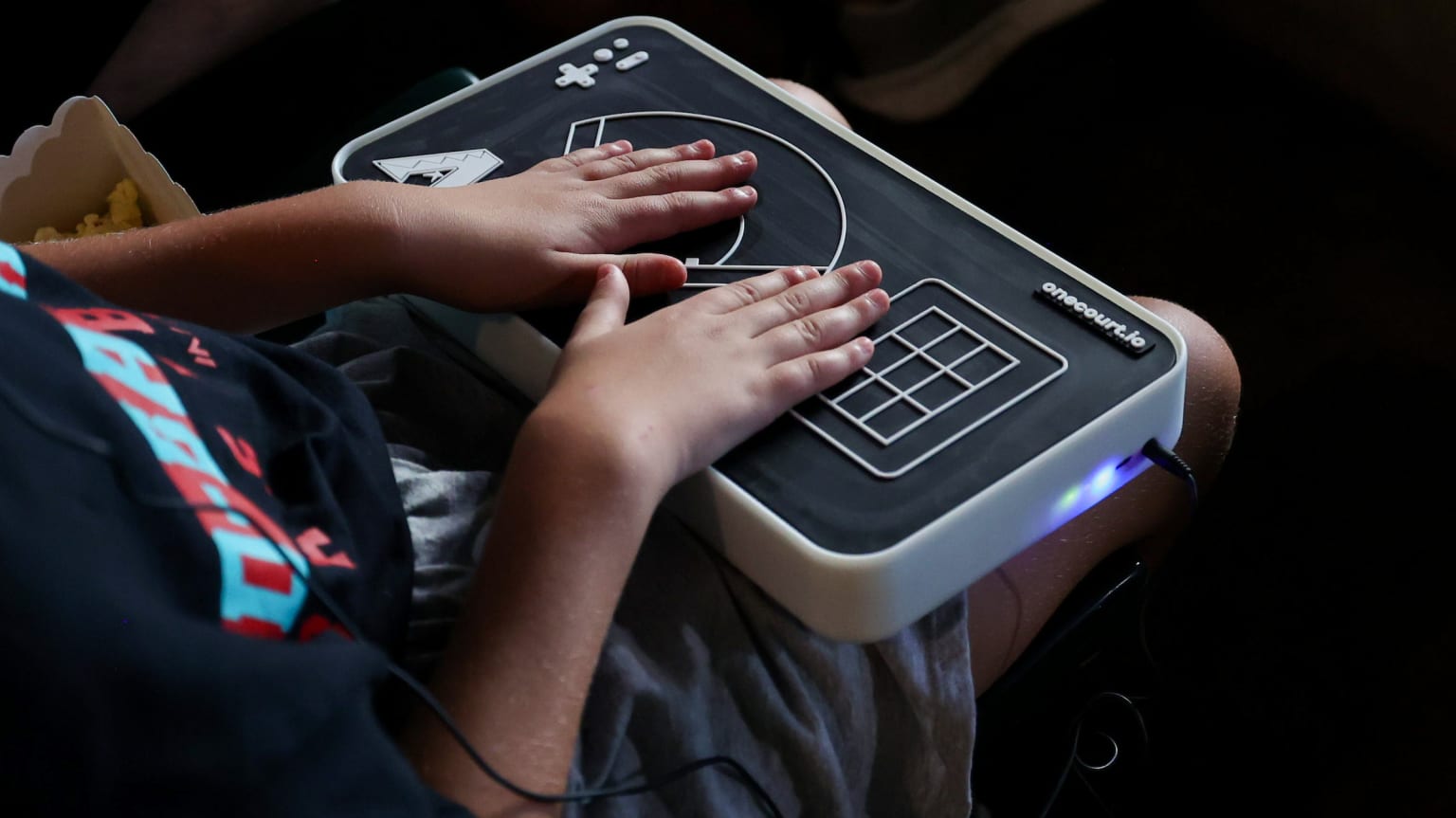[mkdf_dropcaps type=”normal” color=”#f55549″ background_color=””]A[/mkdf_dropcaps]
link between living patients exposed to repetitive head impacts and difficulties with cognitive functioning and depression years or decades later has been found in a study of 13,323 individuals.
The study provides further evidence to the risks involved with repeated head impacts in the sporting world, alongside consistently growing concerns over the past few years on the prevention and treatment of concussions in sport.
Scientists from the Boston University (BU) Alzheimer’s Disease and Chronic Traumatic Encephalopathy (CTE) Centers, the University of California, San Francisco (UCSF) and San Francisco VA Healthcare System teamed up for the study of individuals ages 40 and older who participate in the internet-based Brain Health Registry.
The study completed measures of depressive symptoms and computerised cognitive tests, along with self-report questionnaires of repetitive head impact and traumatic brain injury (TBI) history.
The findings, published in the journal Neurology, revealed that participants with a history of both repetitive head impacts and TBI reported greater depression symptoms than those without the same impact and injury history.
BU School of Medicine associate professor of neurology and BU Alzheimer’s Disease Center Clinical Core co-director, Michael Alosco, said the findings showed when repetitive head impacts and TBI were examined separately, a history of repetitive head impacts showed the strongest connection to later-life symptoms of depression.
“The findings underscore that repetitive hits to the head, such as those from contact sport participation or physical abuse, might be associated with later-life symptoms of depression,” Dr. Alosco said.
“It should be made clear that this association is likely to be dependent on the dose or duration of repetitive head impacts and this information was not available for this study,” he said.
The study also reported a similar cumulative effect was seen among those participants exposed to repetitive head impacts and TBI on tests of memory, learning, processing speed, and reaction time, with those participants recording worse performance on almost all of the computerised cognitive tests.
BUSM professor of neurology, neurosurgery and anatomy & neurobiology, and BU CTE Center director of clinical research, Robert Stern, said the findings add on to recent understandings on the consequences of brain trauma.
“These findings add to the growing knowledge about the long-term neurological consequences of brain trauma,” Dr. Stern said.
“It should be noted that not all people with a history of repetitive hits to the head will develop later-life problems with cognitive functioning and depression.
“However, results from this study provide further evidence that exposure to repetitive head impacts, such as through the routine play of tackle football, plays an important role in the development in these later-life cognitive and emotional problems,” he said.







